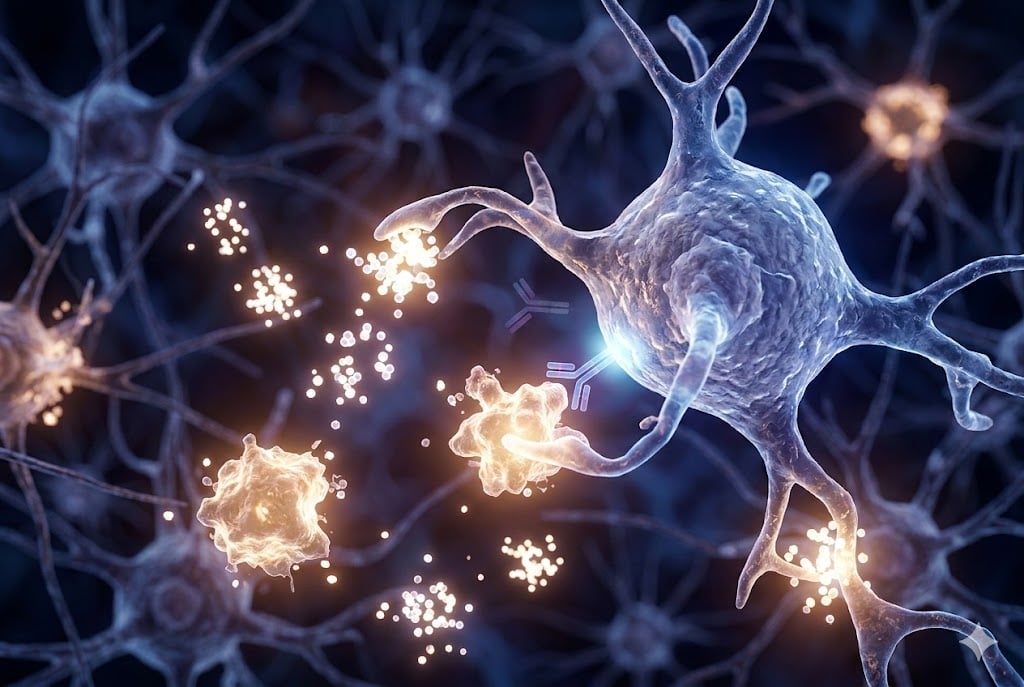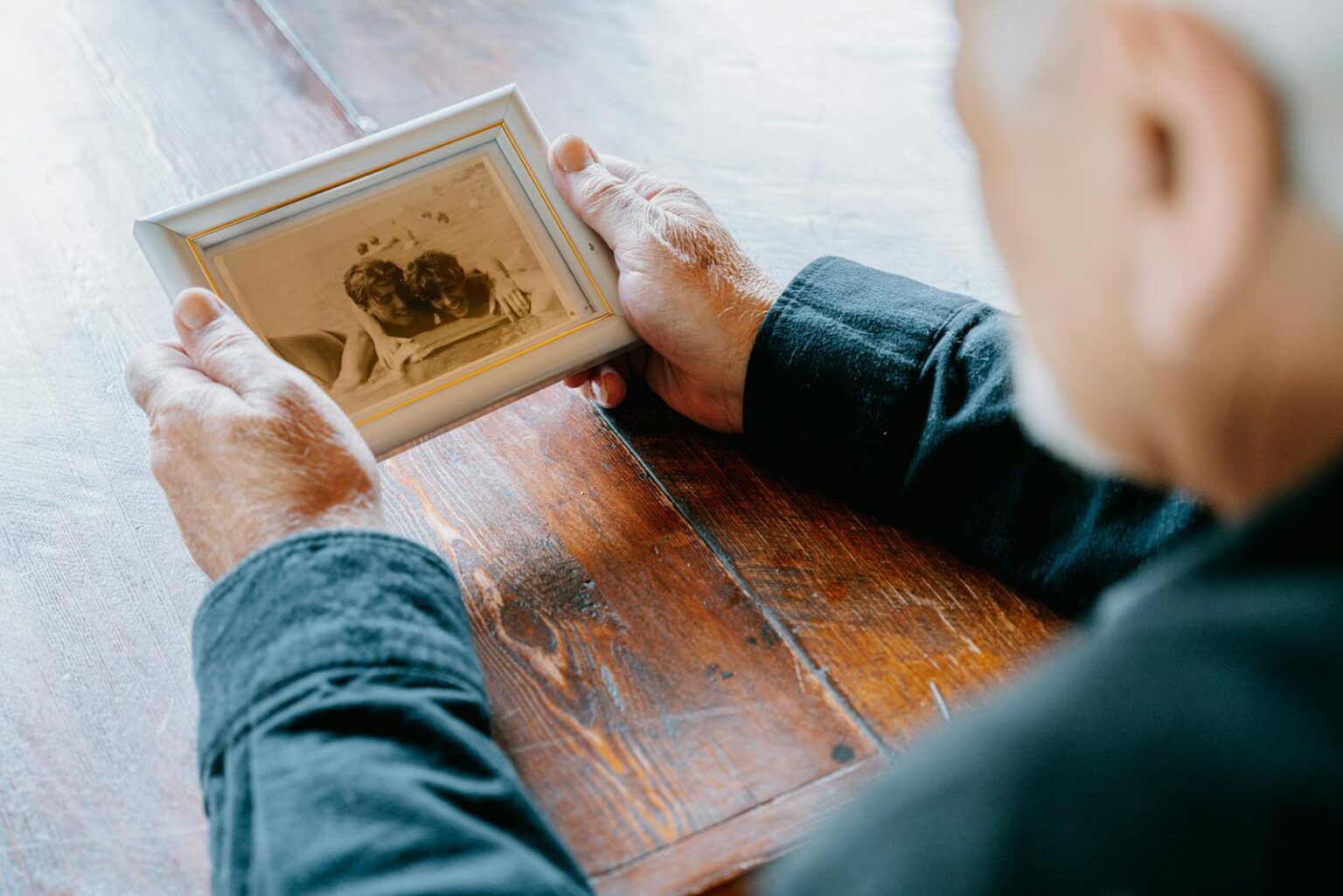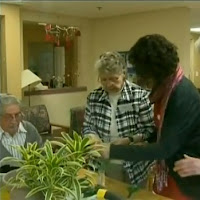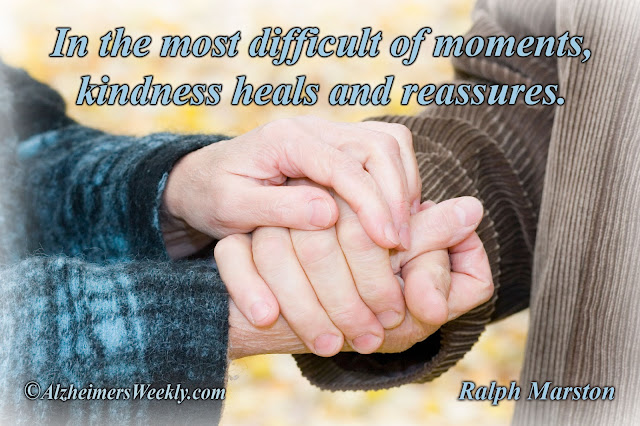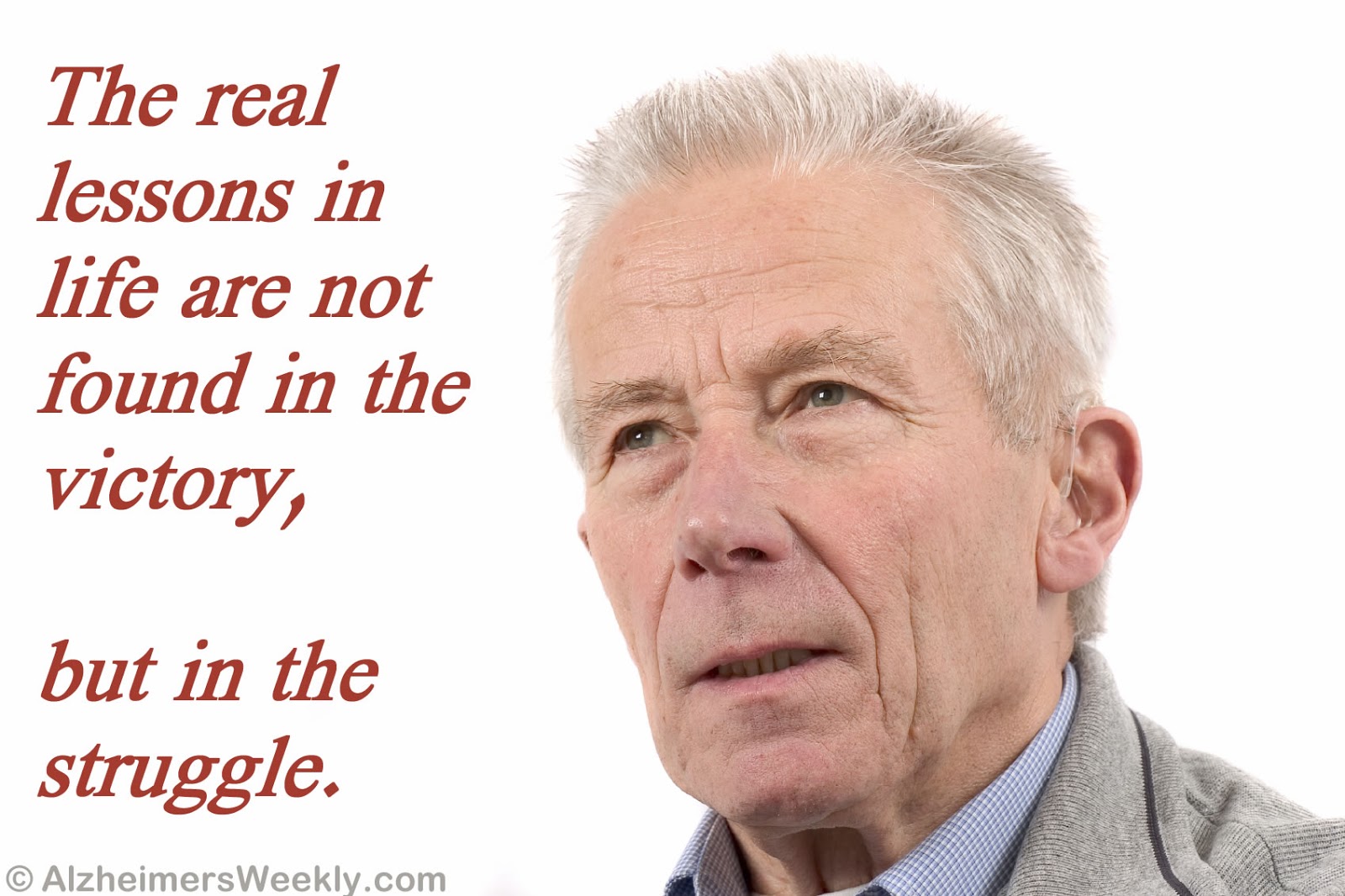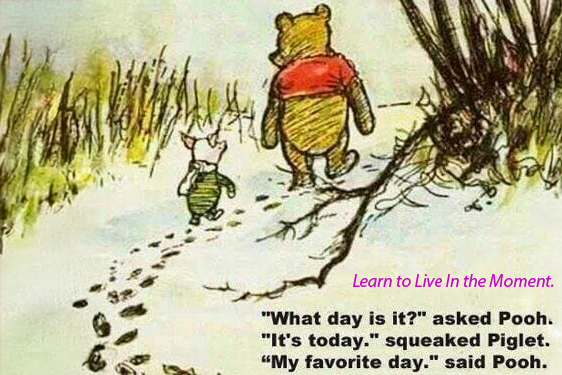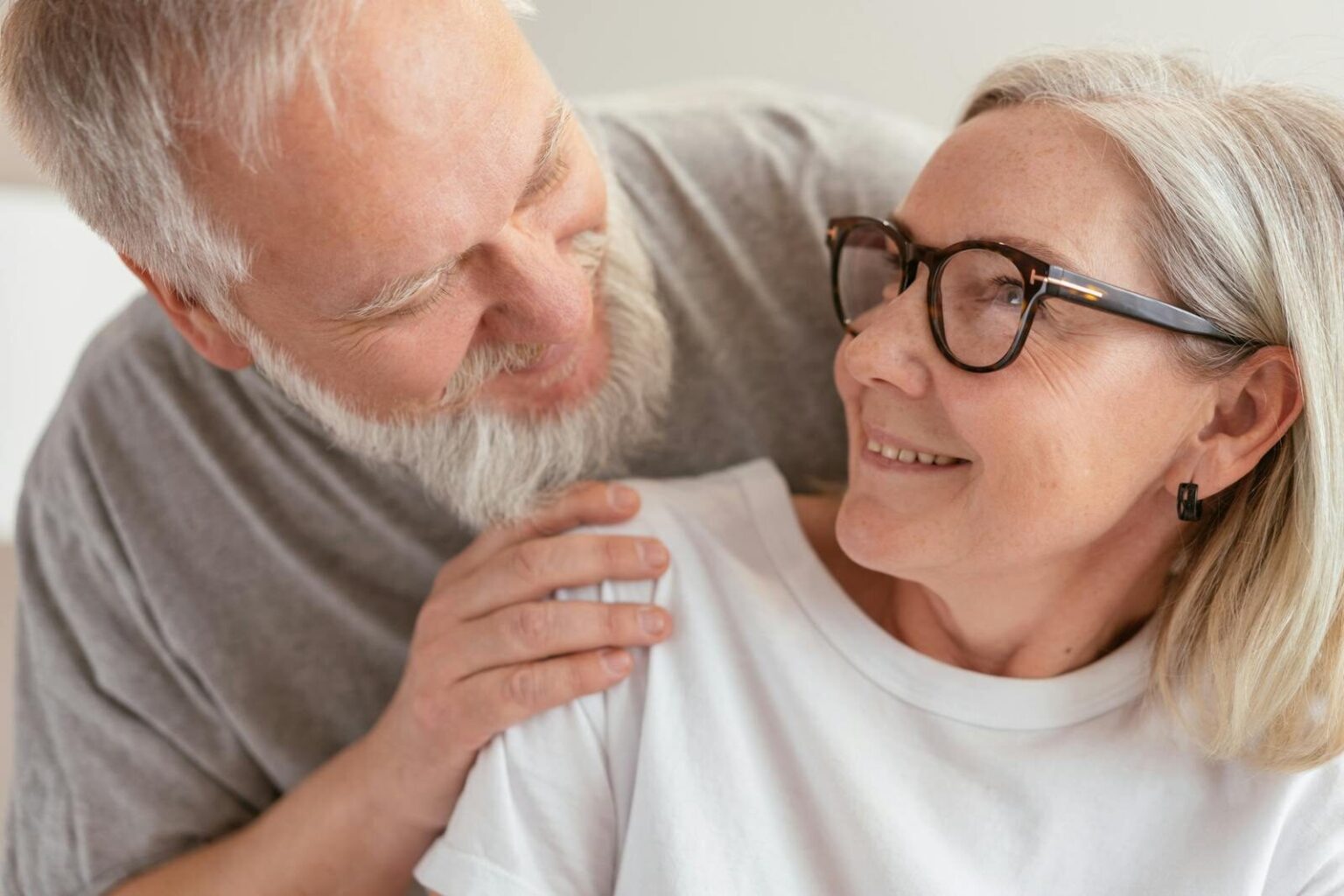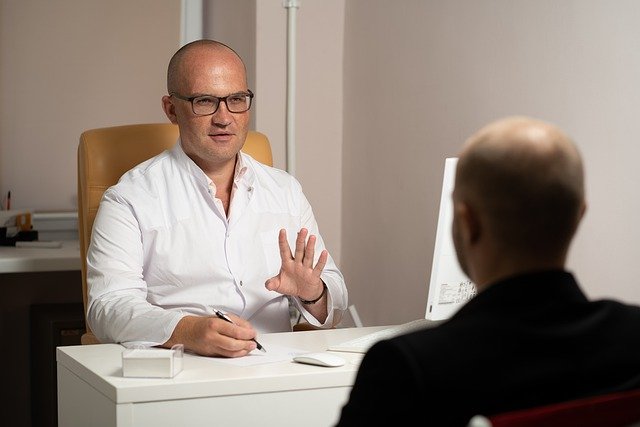
Why Leqembi Works: Fc Activates the Brain’s Cleanup Crew
Understanding Anosognosia: The Hidden Barrier in Dementia Care
A Happy Partner Leads to Less Dementia
Adding Meaningfully Beautiful Moments to Dementia
When Hurricanes Threaten Dementia
Planting New Memories with Horticulture Therapy
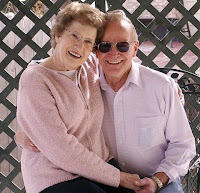
A Happy Partner Leads to Less Dementia
Researchers find optimistic people contribute to the health of their partners, staving off risk factors leading to Alzheimer’s disease, other dementias and cognitive decline as they grow old together.
Korsana’s Alzheimer’s Treatment Promises Safer Care — But When?
Welcome.
For almost 20 years, Alzheimer’s & Dementia Weekly has highlighted only the most essential articles, studies, tools, and videos, from the overwhelming river of dementia-related information. Google gets new posts on Alzheimer’s or dementia every 7 minutes.
For anyone seeking clarity or support, that constant flow can be exhausting and discouraging.
Alzheimer’s Weekly filters, translates, and explains what matters most, helping hundreds of thousands of families, clinicians, and care teams around the world make sense of the latest research and best practices.
This site is dedicated to everyone who works—often quietly and tirelessly—to preserve dignity in the community of people living with dementia. (Learn more about us.)
Diagnosis
Living Well with Dementia

Nonconformists are Better Protected Against Alzheimer’s
Swiss researchers find that people with certain personality traits are protected against Alzheimer’s disease, including those who are less agreeable, had natural curiosity, and were nonconformists. Find out why.
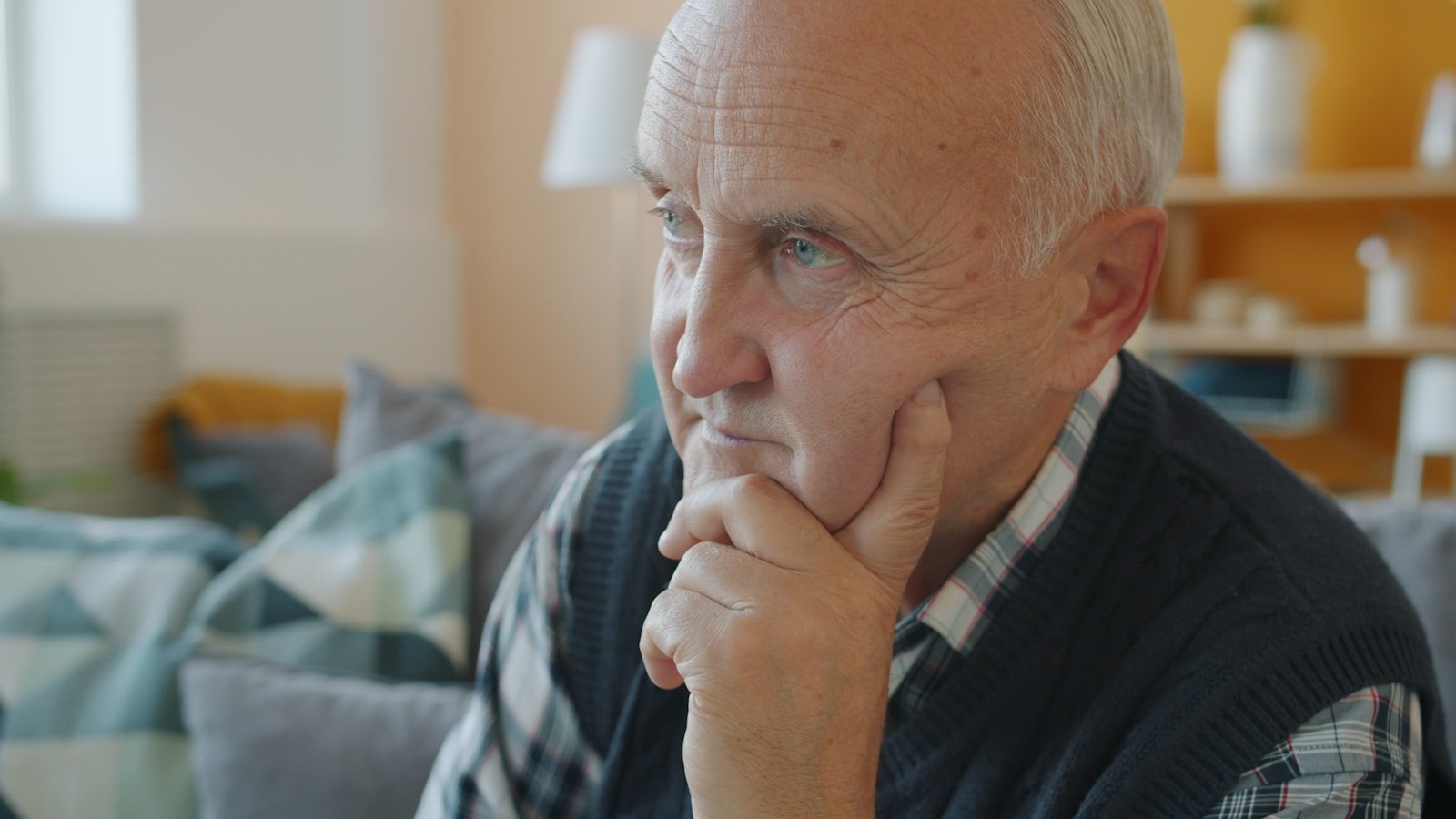
Planning Your Future After a Dementia Diagnosis
Although it is hard to think beyond “today” after a diagnosis of dementia, it’s really important to look ahead. Taking steps to plan for the future will make “tomorrow” smoother.

What Does Living with Alzheimer’s Feel Like?
Few movies and books capture the Alzheimer’s experience like Dr. Lisa Genova’s “Still Alice.” See Lisa describe how “Still Alice” is helping families stay connected while living with Alzheimer’s.

I May Be Forgetful
This pleasant poem highlights how people living with dementia may be feeling.
Diet
And Prevention


How Physical Activity Turns Back the Brain’s Clock
The protein BDNF builds synapses in the human brain, nurturing brain cells and fighting off dementia. While there is no artificial way of boosting it, social and cognitive activity can.

Poor Memory + Slow Walking = Dementia?
People may not have easy access to sophisticated, expensive dementia tests. A simple test from Einstein Medicine uses a stopwatch and a few questions to determine one’s risk of dementia. The potential payoff could be tremendous for individuals, their families and society.

Beet Juice Increases Blood Flow to the Brain
DRINKING beet juice can increase blood flow to the brain in older adults. The way beet juice does this holds great potential for combating dementia.
Library of Posts
Research
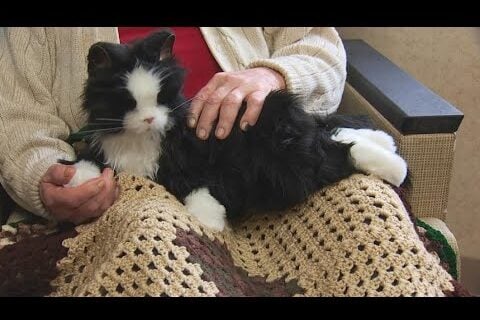
Cuddly Robotic Pet Boosts Mood in Dementia
Researchers in Florida find that robotic pet cats improve mood, behavior and cognition in older adults with mild to moderate dementia. Find out more.

Financial Problems Can Signal Dementia Onset
Researchers found in a study that people who developed dementia were more likely to have their credit rating drop at least two and a half years before the diagnosis. Some had problems managing their money up to six years before. Find out more.

Curing Alzheimer’s by Fixing Proteins, Not Clearing Them
Scientists say restoring a brain protein, not removing amyloid plaques, should be the target of Alzheimer’s dementia therapies. The researchers said treatment might lie in normalizing the levels of a specific brain protein.

Can Alzheimer’s Be Treated with Iron-Modifying Drugs?
Dietary iron is an essential element in the brain. That’s why it is critical to understand how it affects Alzheimer’s. Researchers used advanced X-ray techniques to take a giant step forward in understanding iron chemistry in amyloid plaque, the main culprit behind Alzheimer’s. Learn more about their exciting new insights.
Treatments & Therapies
Caregiving
Shopping
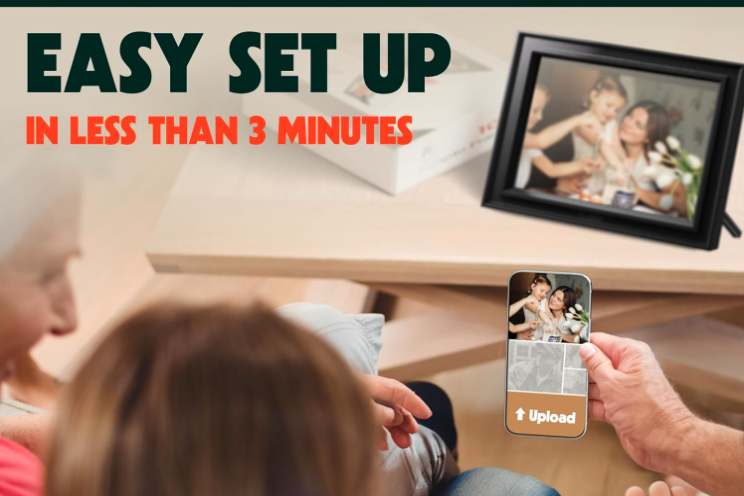
Best Digital Photo Frames for Dementia
Looking for the best digital photo frame for a loved one with dementia? Many frames claim to be senior-friendly. We explore the Pix-Star series, rated best for its combination of features and value for the money.

10 Gift Ideas When Living with Alzheimer’s
DEMENTIA GIFT IDEAS: People with Alzheimer’s may lose abilities, but feelings still matter. What once wasn’t much of a gift, may now be a great one. What were nice presents may no longer be right. See these thoughtful suggestions.

Red Plates for Eating with Dementia
If you couldn’t see your mashed potatoes, you probably wouldn’t eat them. That’s why what “The Red Plate Study” found was astonishing! Alzheimer’s patients eating from red plates consumed 25 percent more food than those eating from white plates. Find out why.
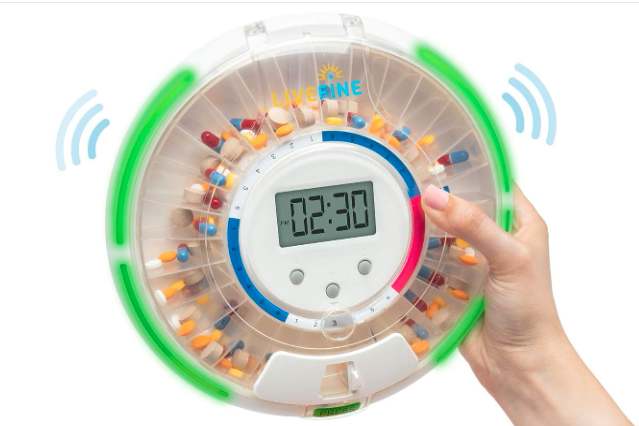
Best Alzheimer’s Pills Organizers
Managing multiple medications can feel overwhelming. The right pill box can turn a daily challenge into a simple routine. We compare Amazon’s best pill organizers for 2025—each designed to meet different needs, from arthritis-friendly lids to monthly systems and automatic dispensers.

7 Best Clocks for Dementia
In dementia, people repeatedly ask, “What’s the time?” “What day is it?” Easily solve this with Dementia-clocks / Calendar-clocks. Check out 7 clocks with good looks and limitless patience.
Bookshop

5 Communication Tips for Dementia Caregivers
TALKING TO PEOPLE WITH DEMENTIA IS VITAL when getting together. Check out 5 handy communication tips and books.
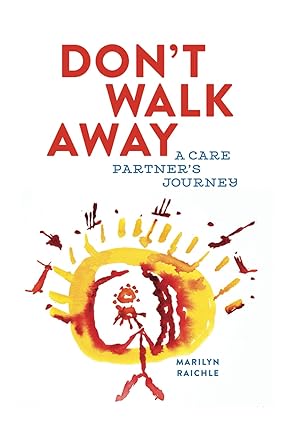
Don’t Walk Away from Alzheimer’s
There is a choice we make when a loved one gets Alzheimer’s. Walk away, or don’t walk away. Marilyn’s Mom told her to walk away. Marilyn chose not to. She’s glad she didn’t. Share her journey.
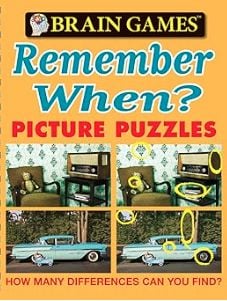
The Original Picture Puzzle
BOOK OF THE WEEK: The Editors of Brain Games for Adults put together this book of original picture puzzles. The variety of brain teasers make this a perfect gift for people living with dementia.

Explaining Alzheimer’s to Young Children: A Compassionate Guide
Explaining Alzheimer’s to young children can be a daunting task. Here are 10 easy suggestions for explaining Alzheimer’s to young children.
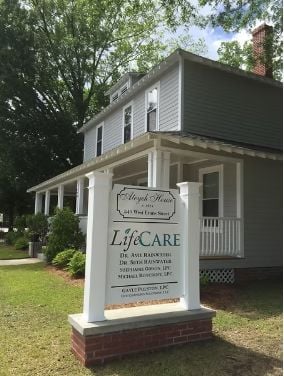
Avie J. Rainwater, III, Ph.D., ABPP, FAACP
Clinical Psychology / Neuropsychology
LIFECARE PSYCHOLOGY GROUP, LLC
Experience 12 Minutes in Alzheimer's
Just what is a loved one with dementia going through? This virtual Alzheimer’s tour reveals more than you ever imagined.
Songs

Remember When
MUSIC VIDEO: Dedicated to every sweetheart with dementia, to let them know how much they are loved.

But I’ll Tell You All About Her
Sharing the story of a person with Alzheimer’s, when their own memory fails, can be a true act of dignity and love. Ryan Nealon sings of the significance of “Telling You All About Her.”

I Promise You Forever, You Will Never Leave My Mind
“Damn this old dementia, for robbing me of time, But I promise you forever, you will never leave my mind.”
Film & Music
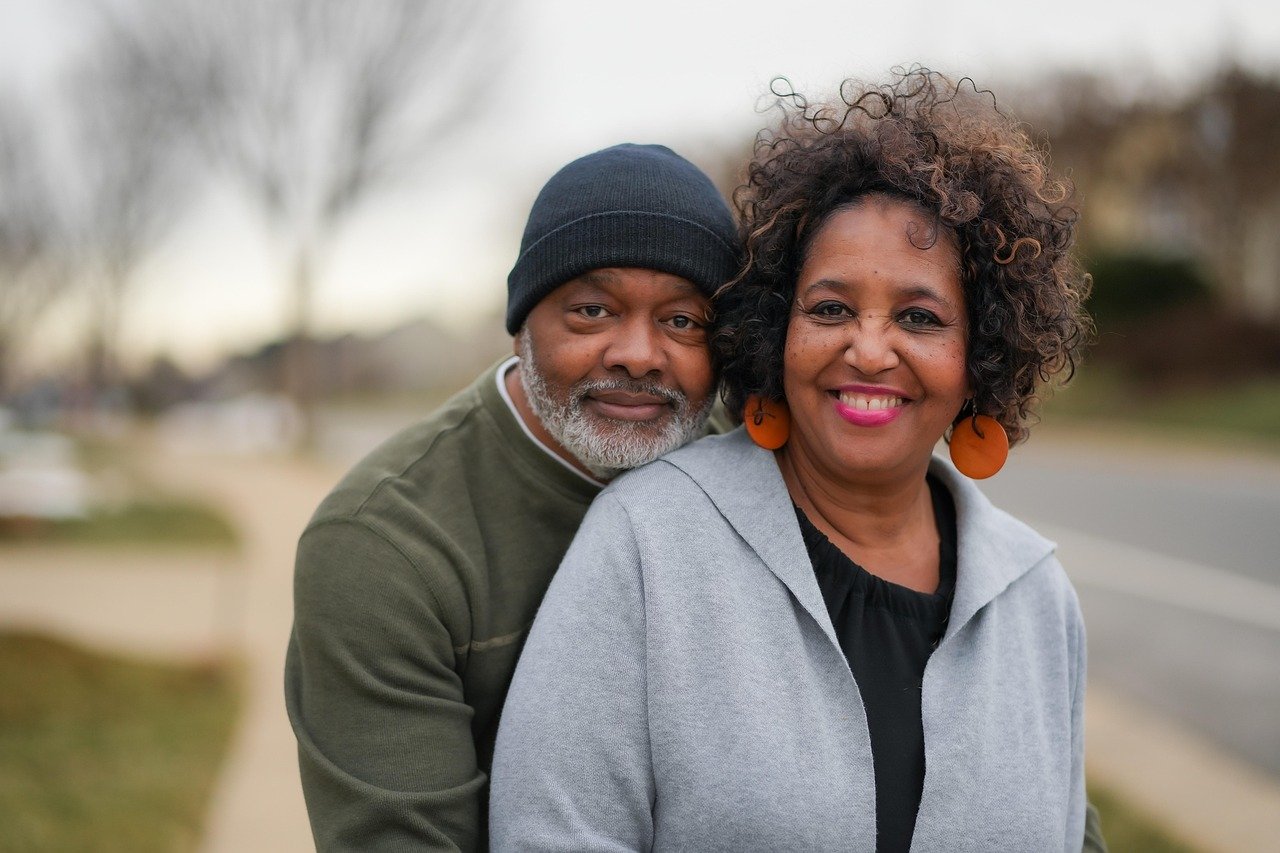
I Will Remind You
A deep promise to be there for an Alzheimer’s parent, this heartwarming song was written as a tribute to families facing dementia.

A Story of the Superhero Mom Battling Alzheimer’s
Watch this inspiring story of living with and fighting against this disease.

Just to Hold Her Hand
A beautiful song on living with Alzheimer’s. (Includes lyrics.) Enjoy.
